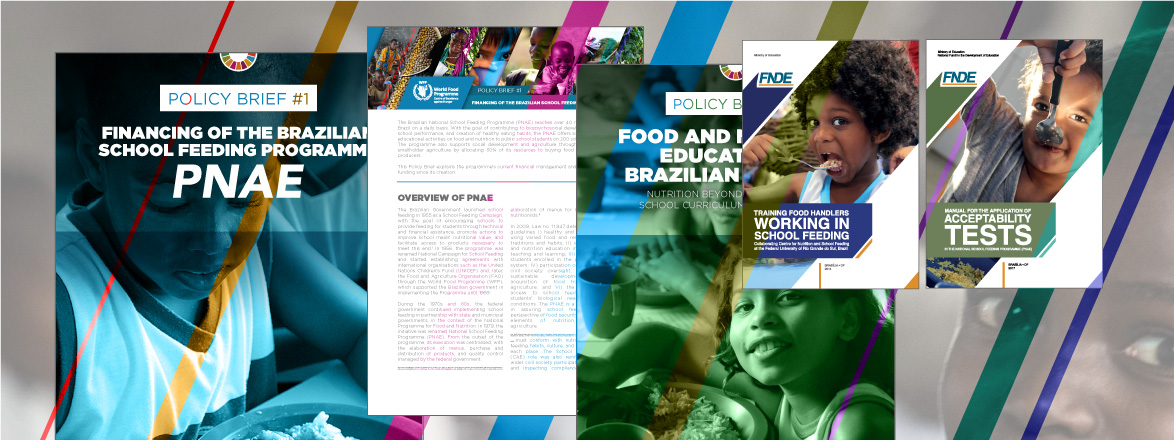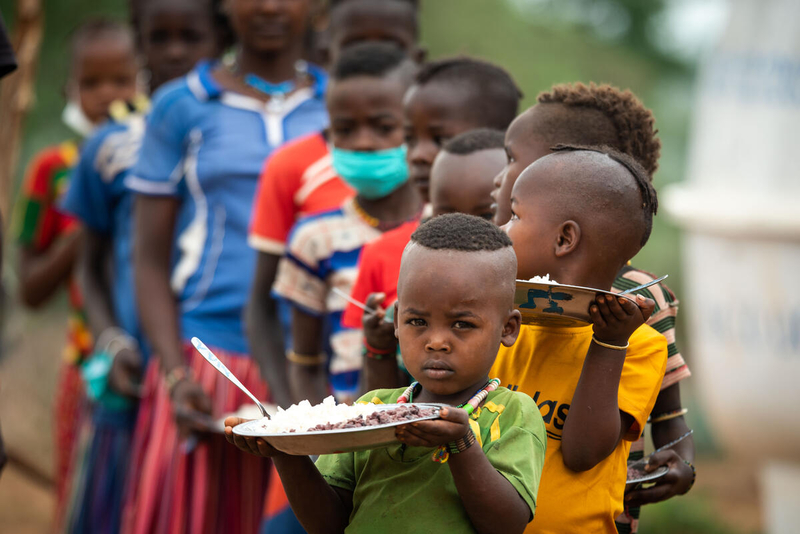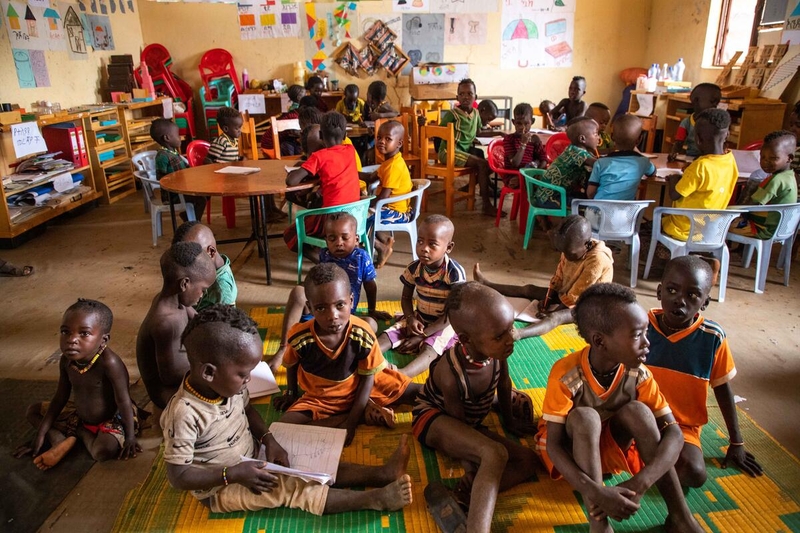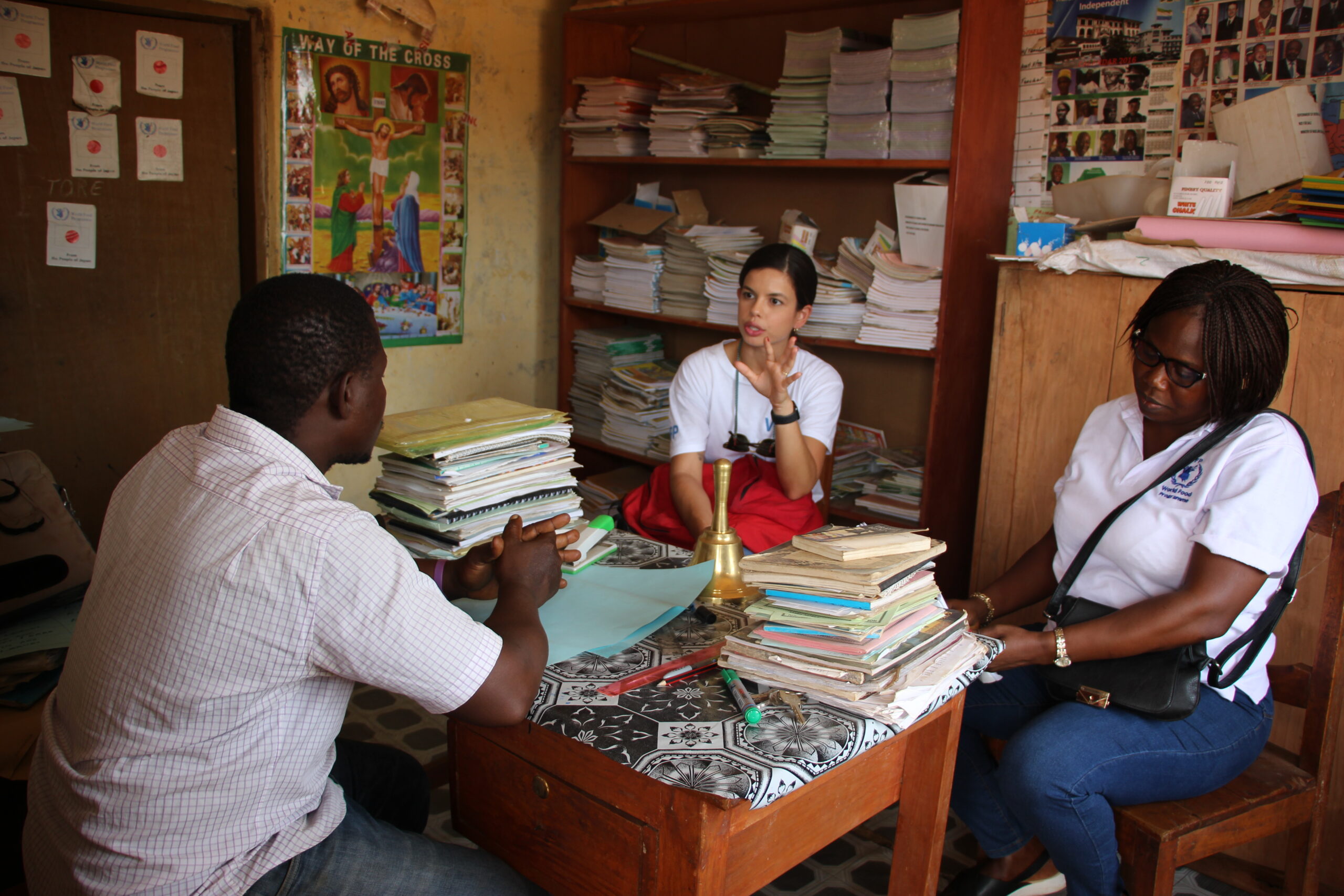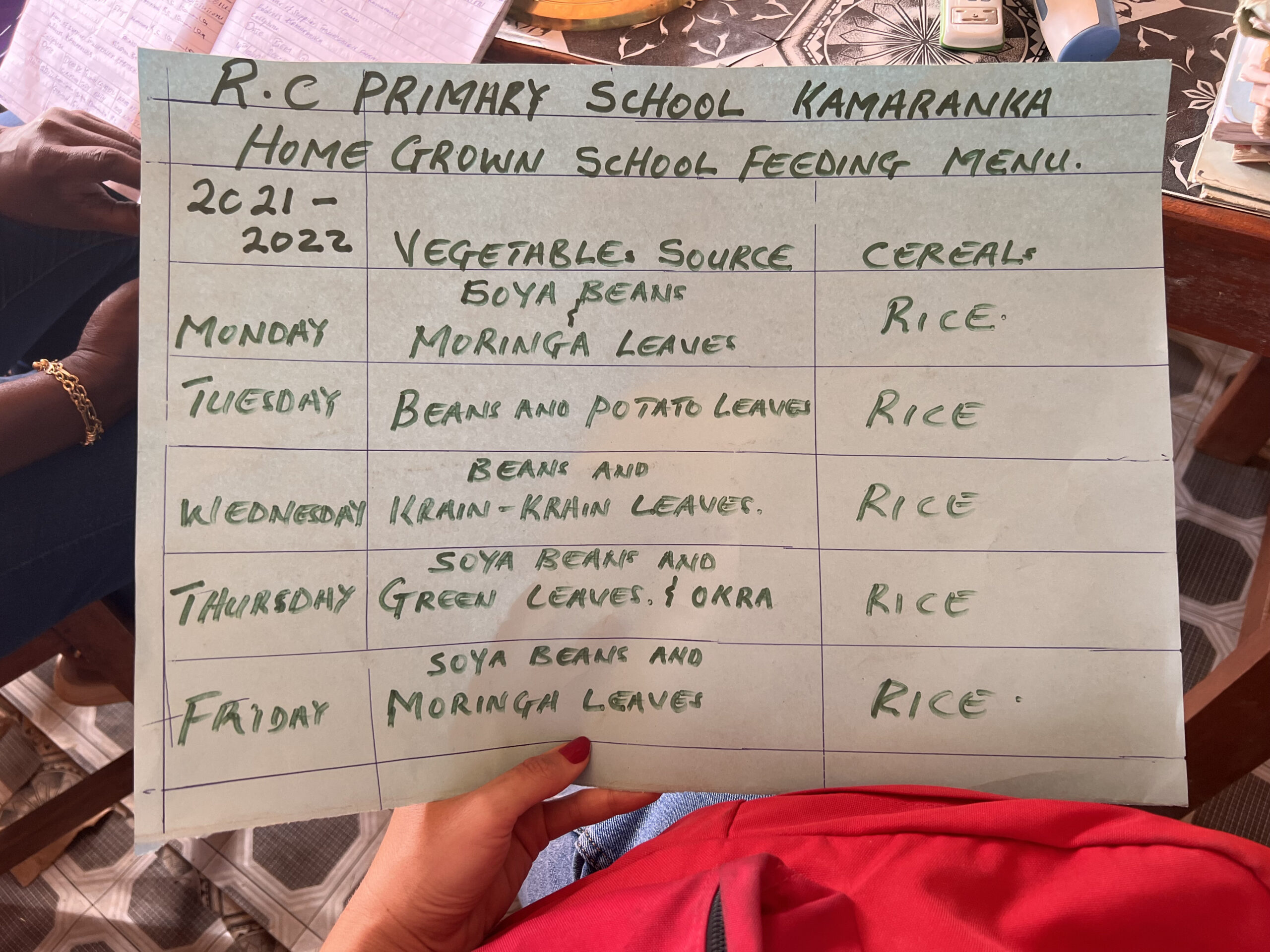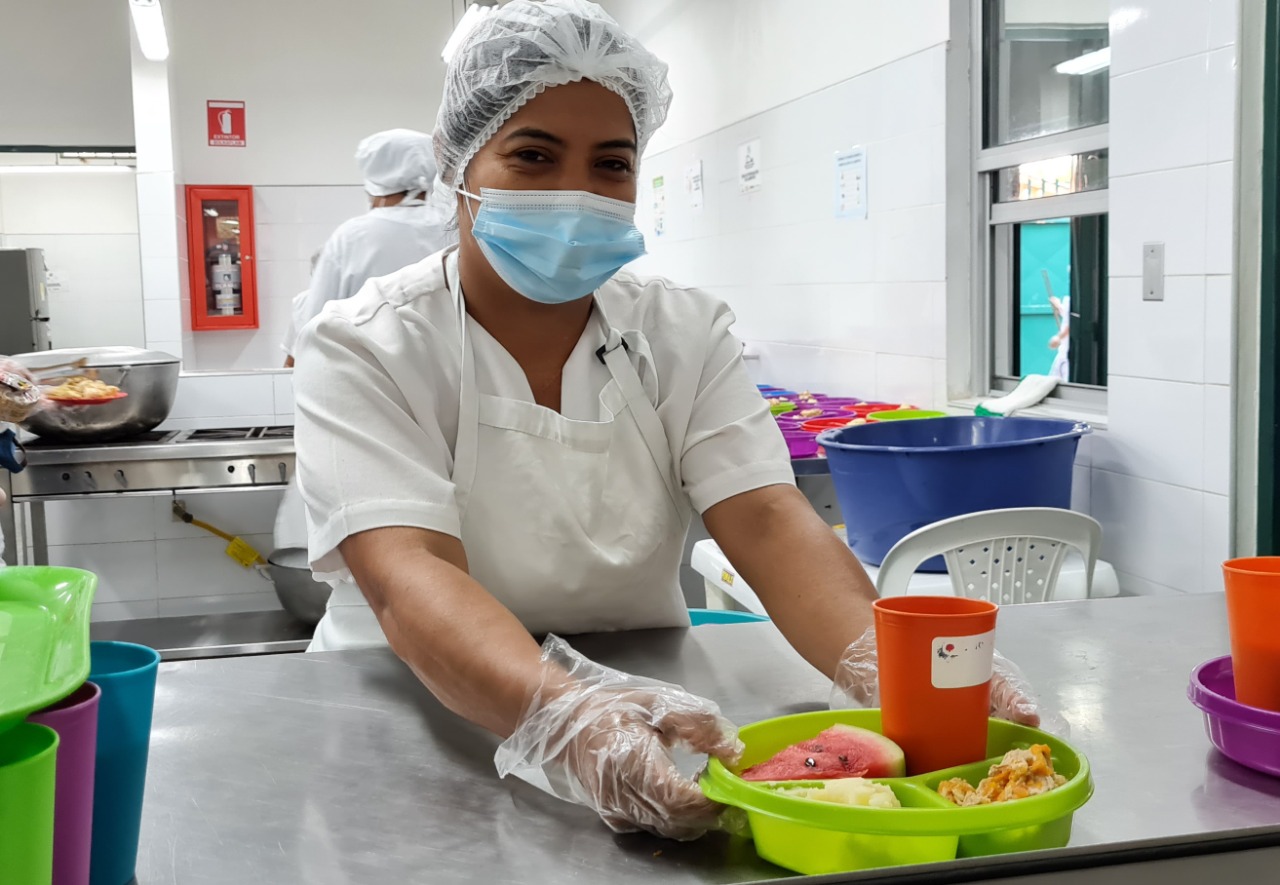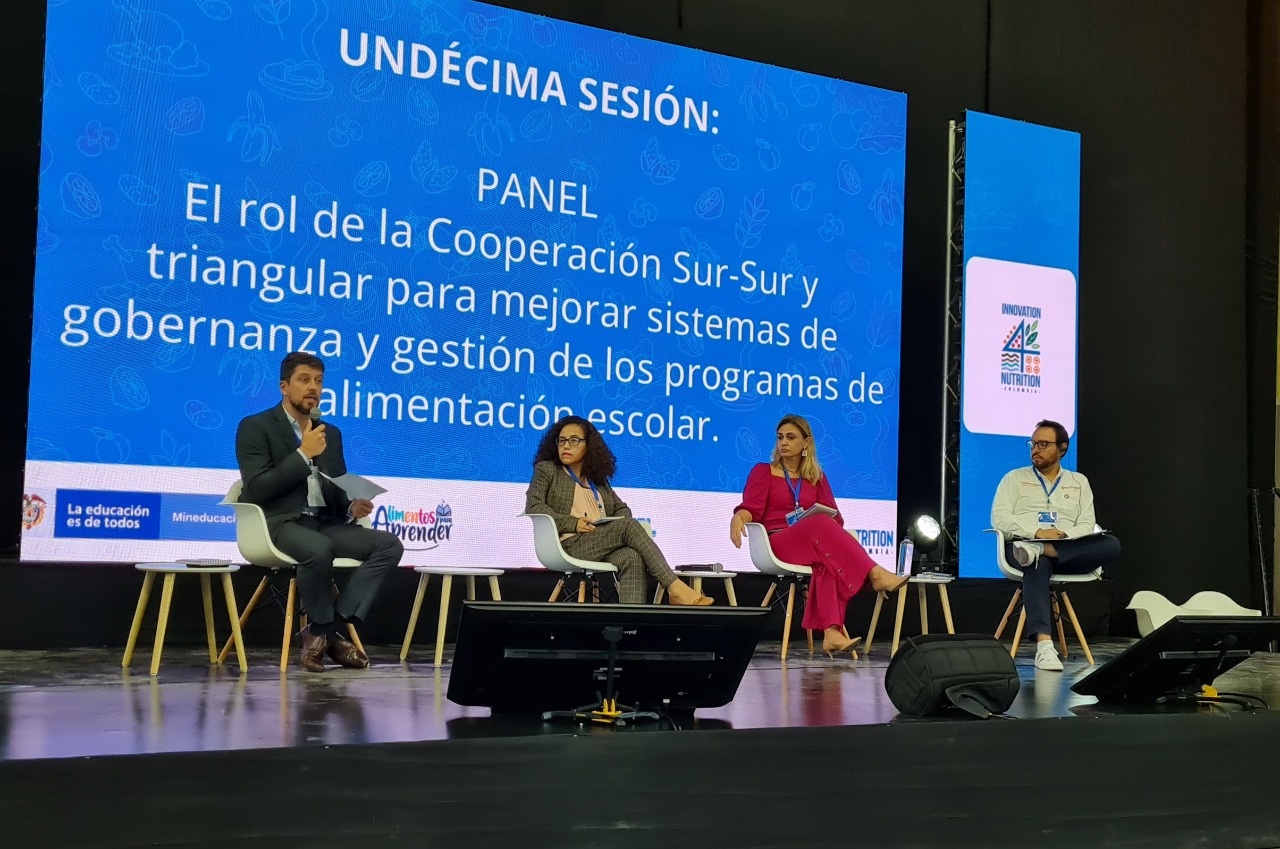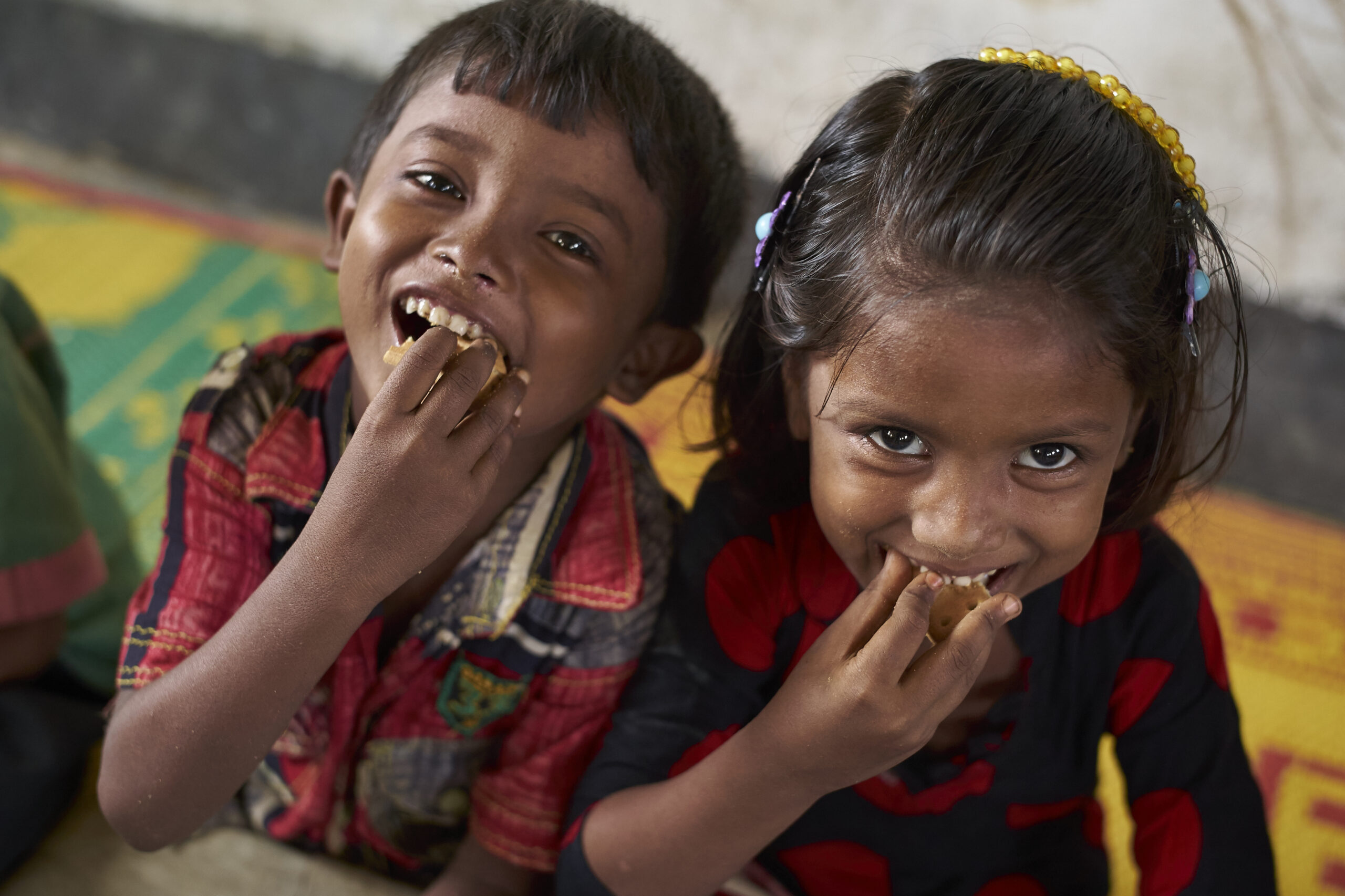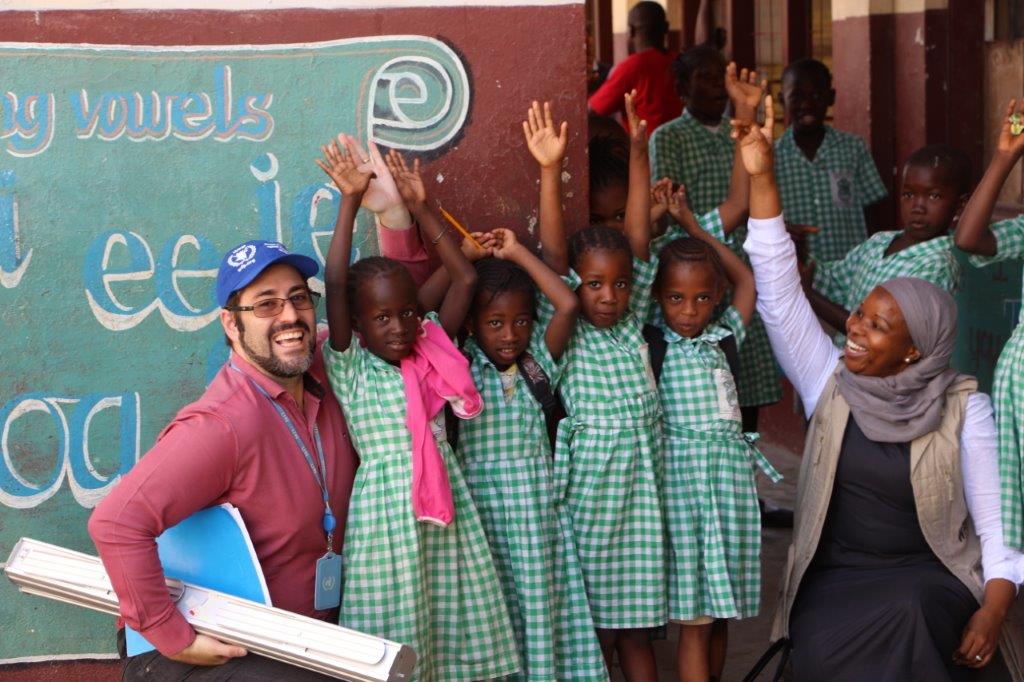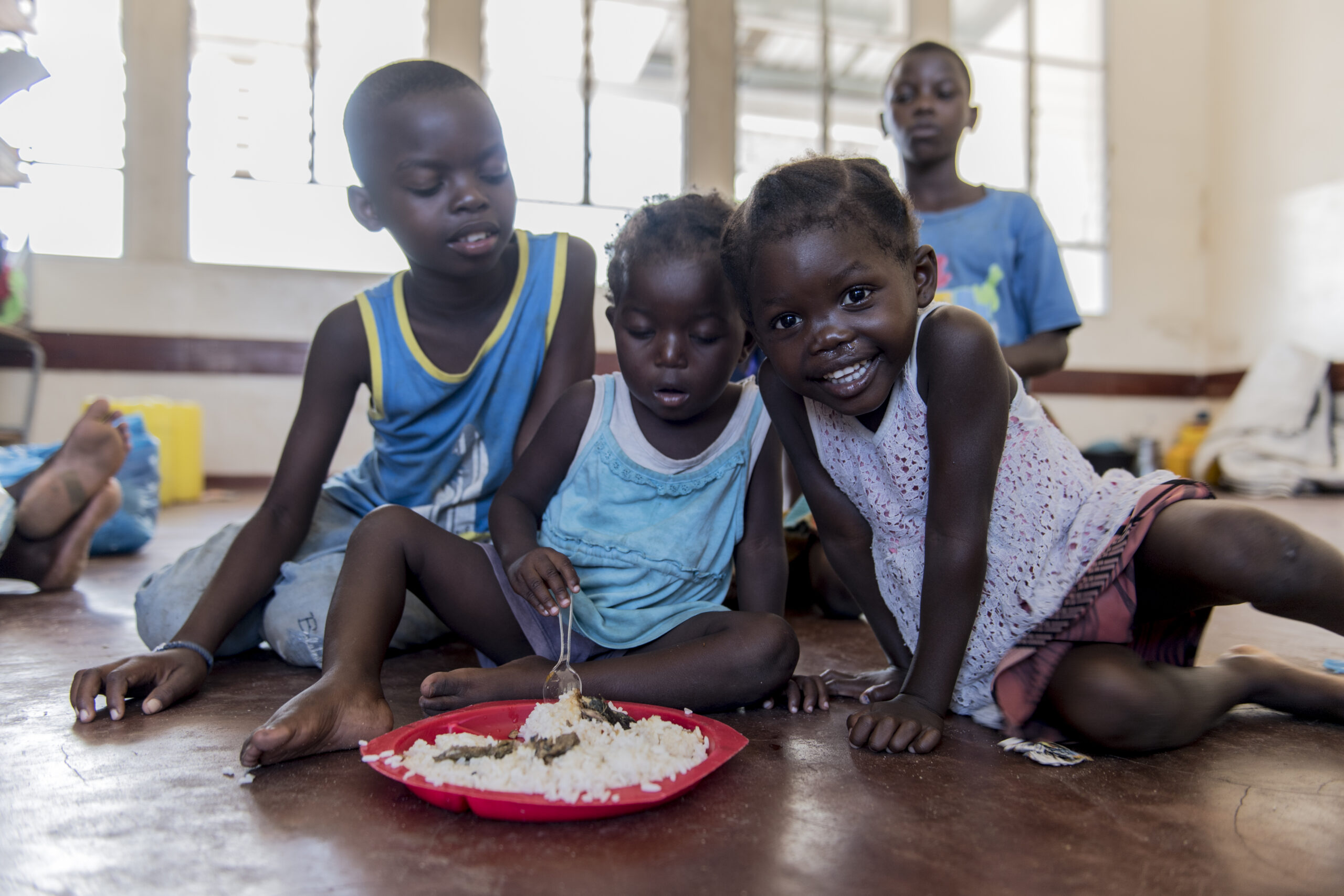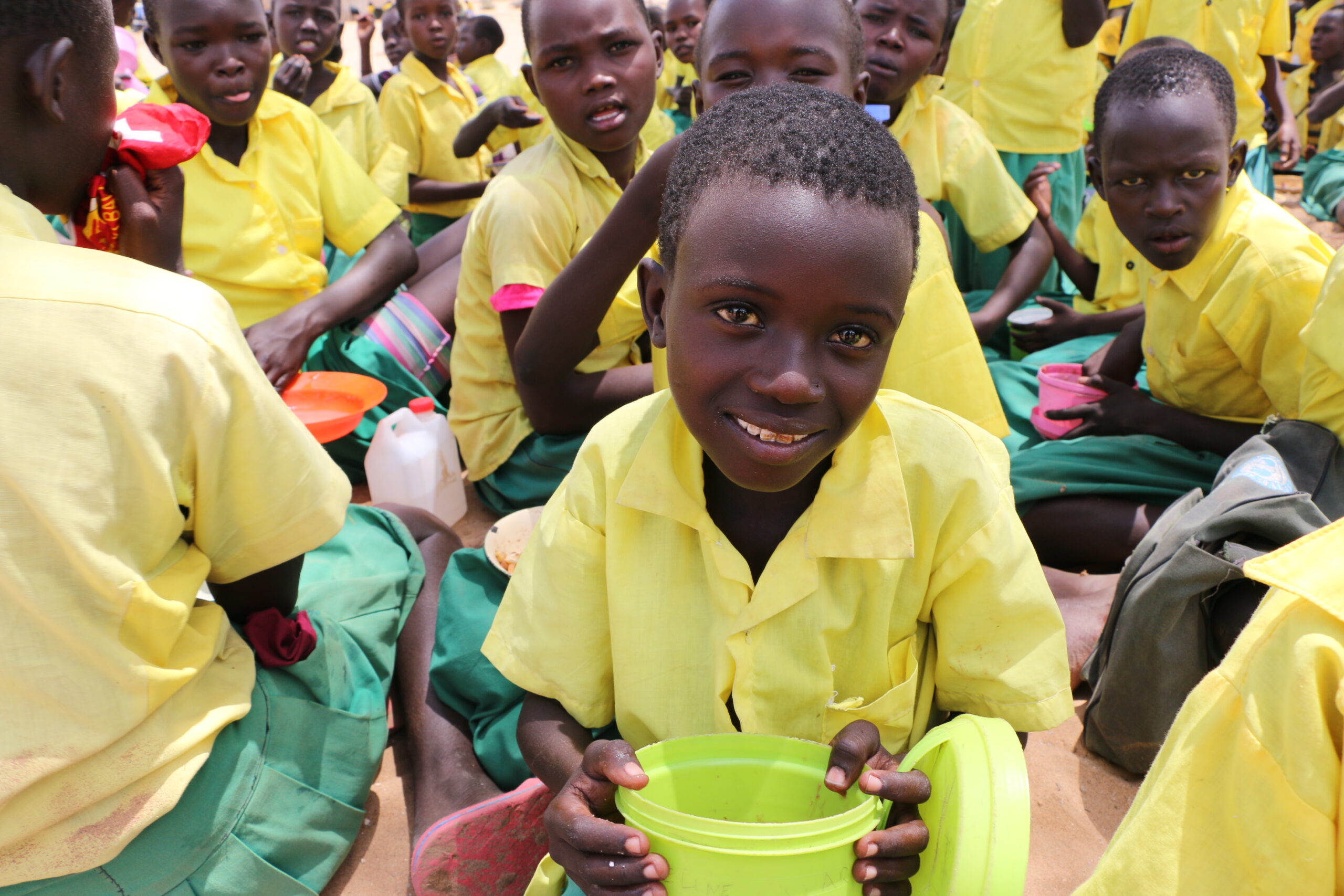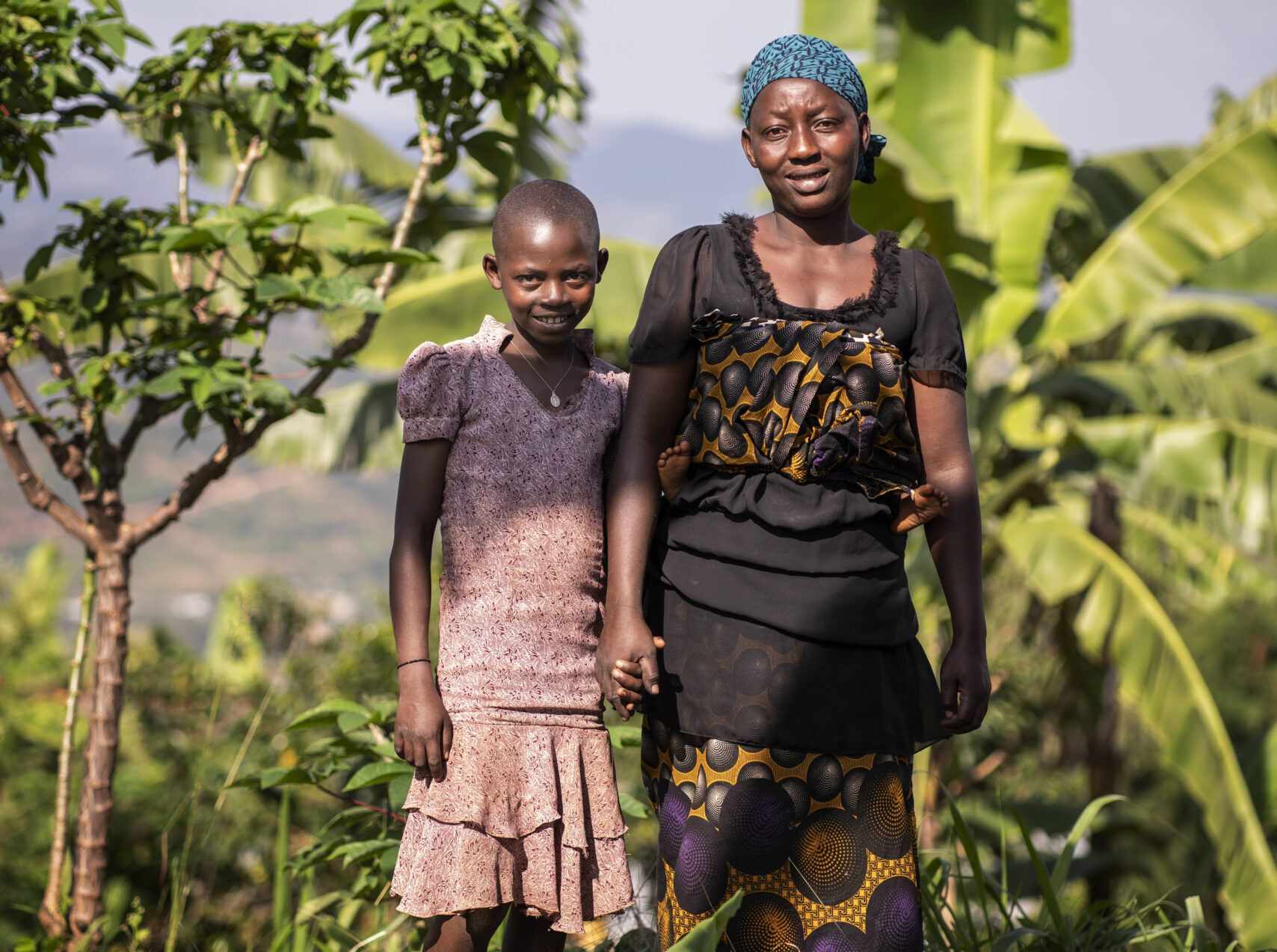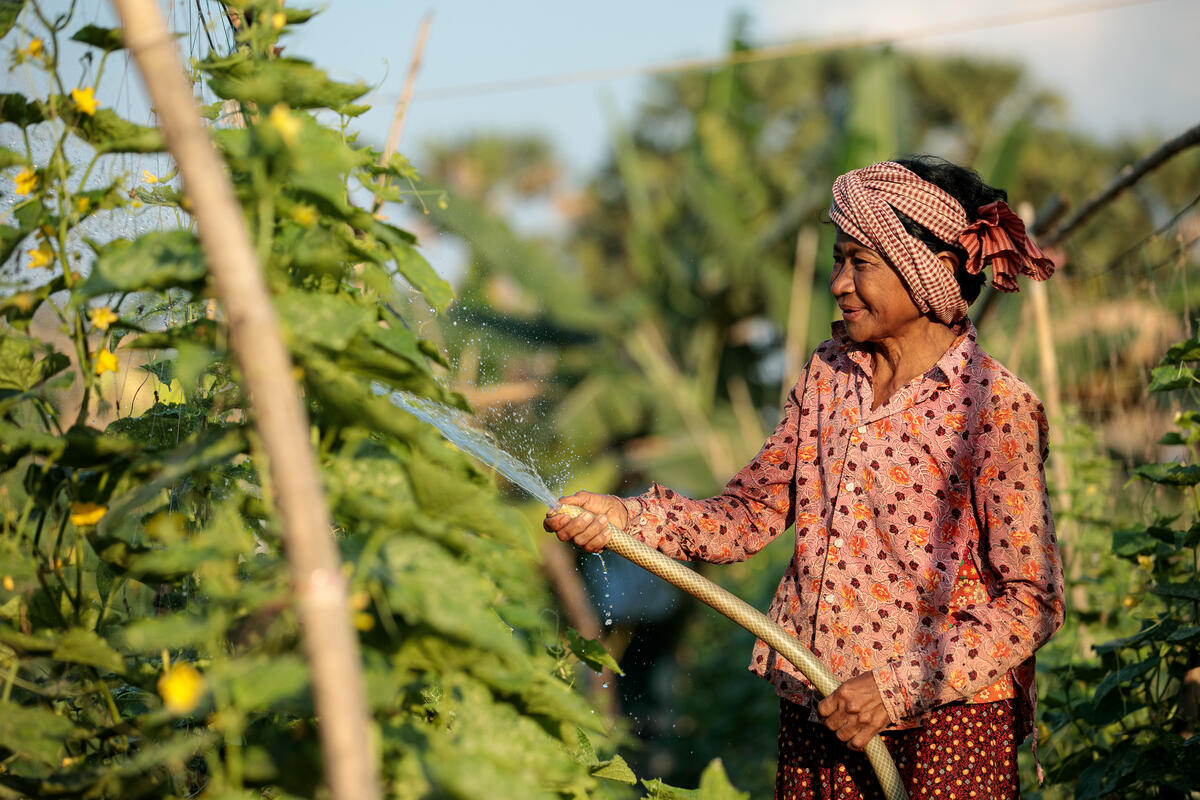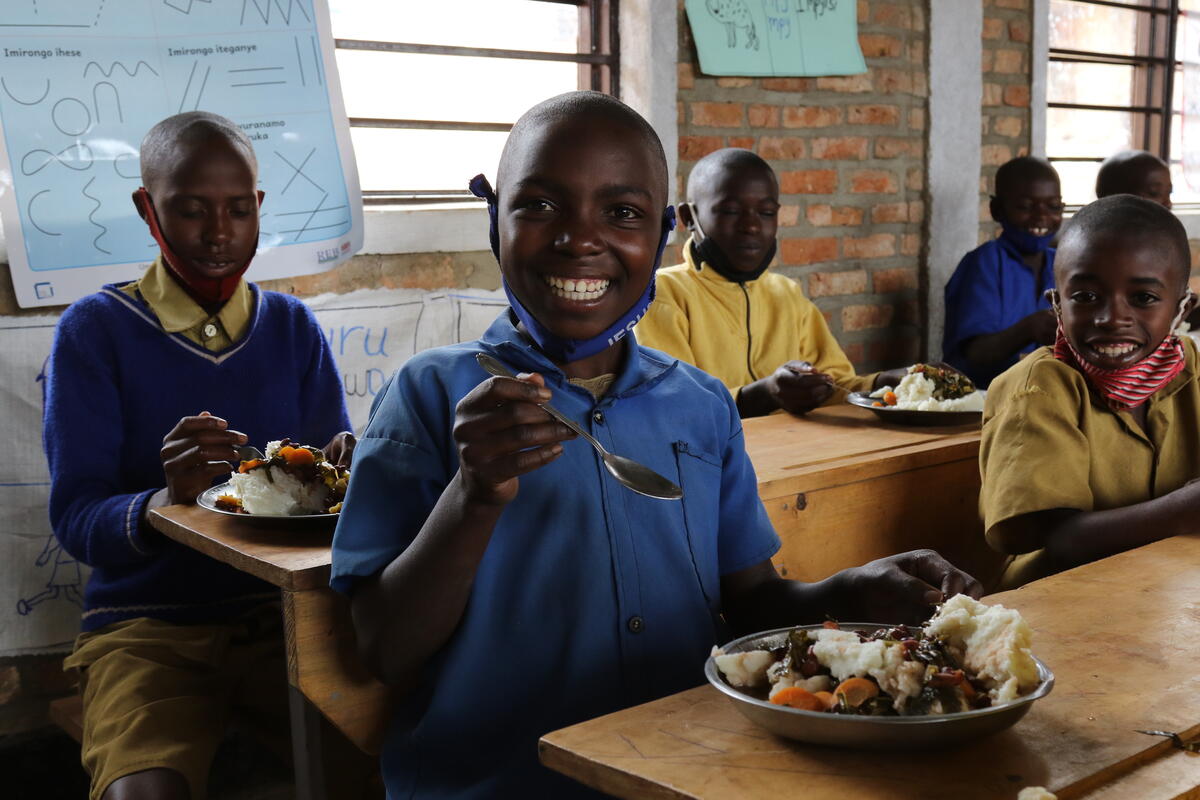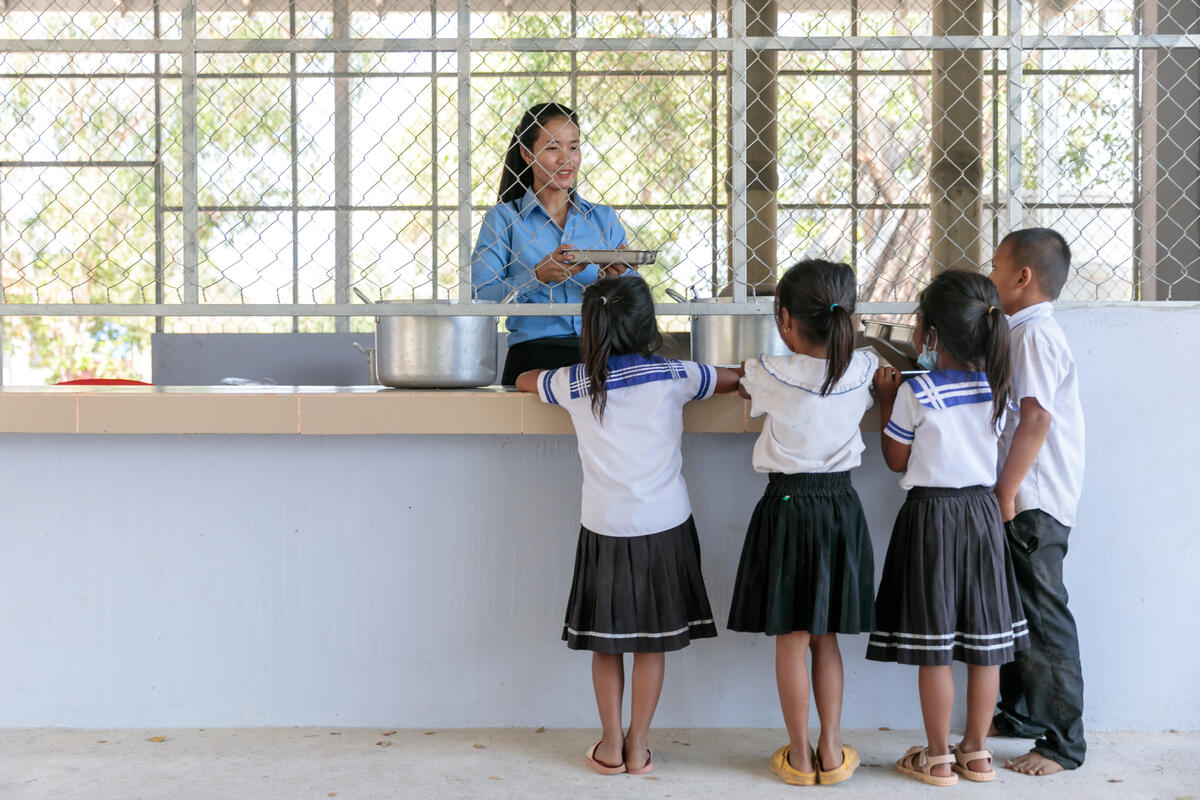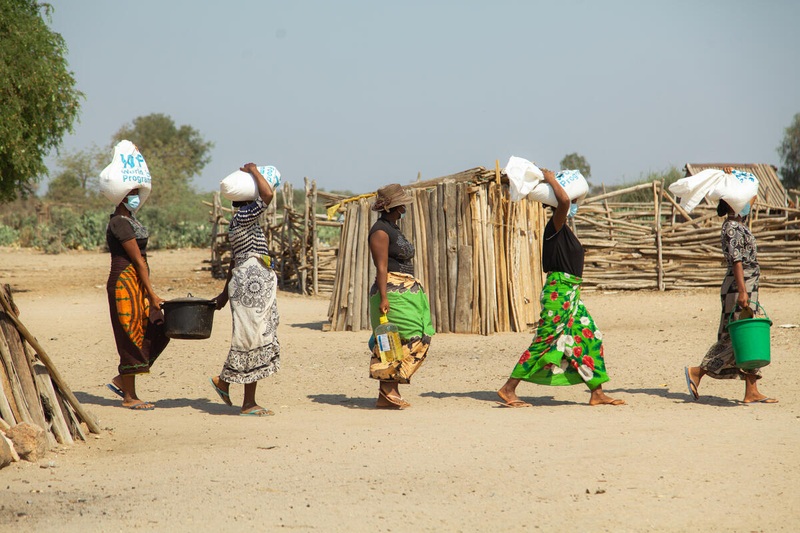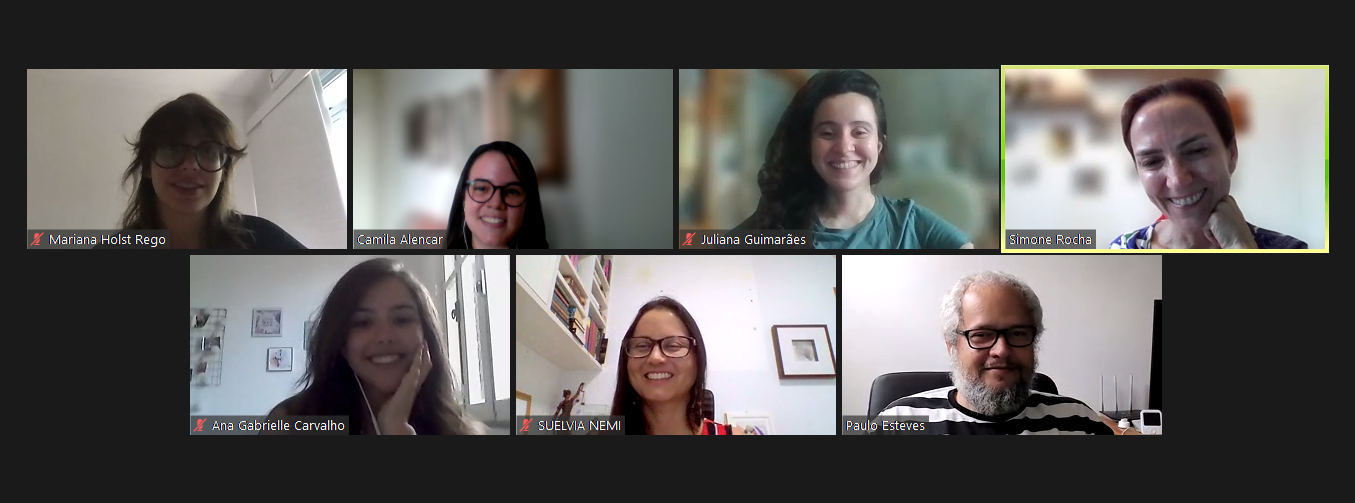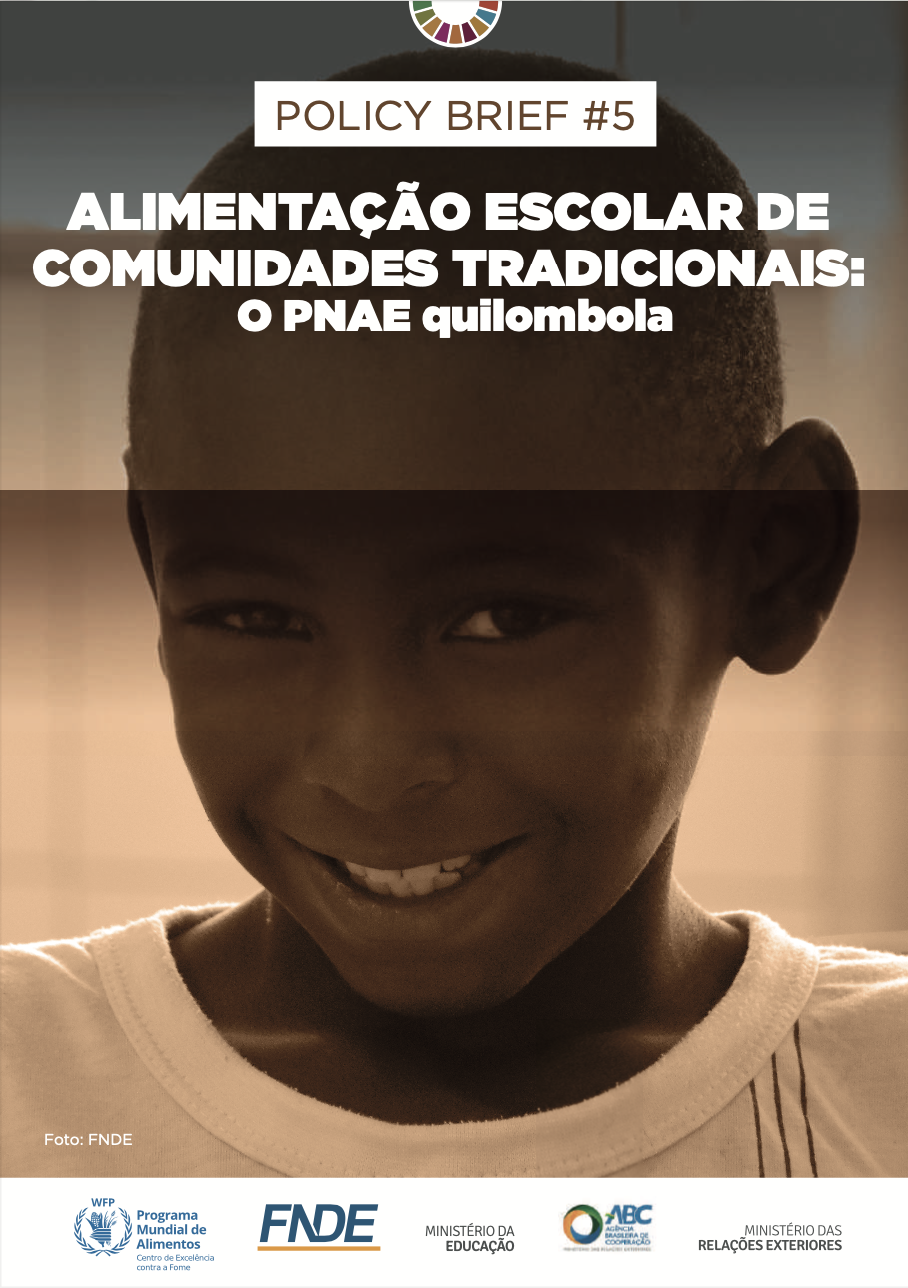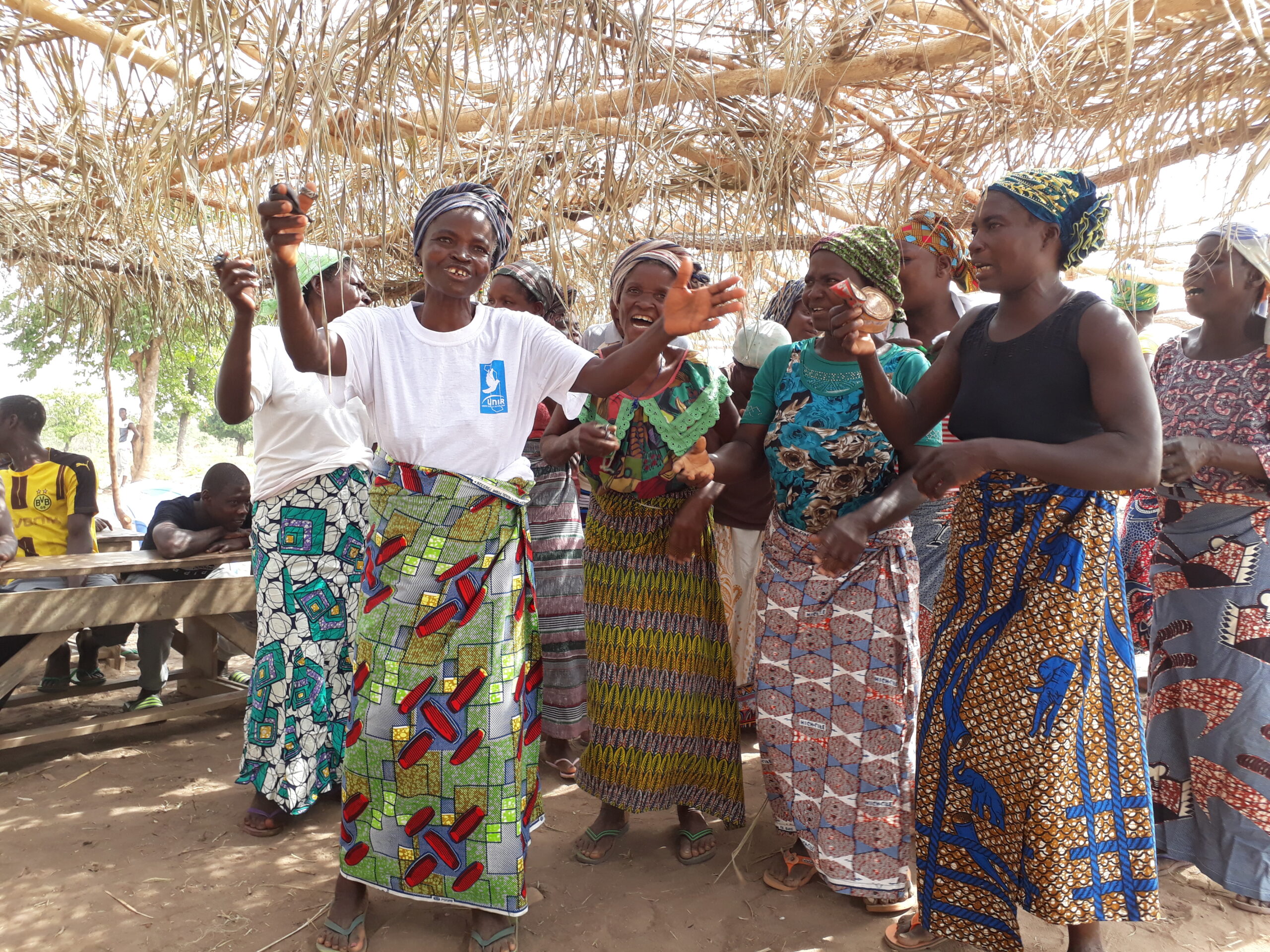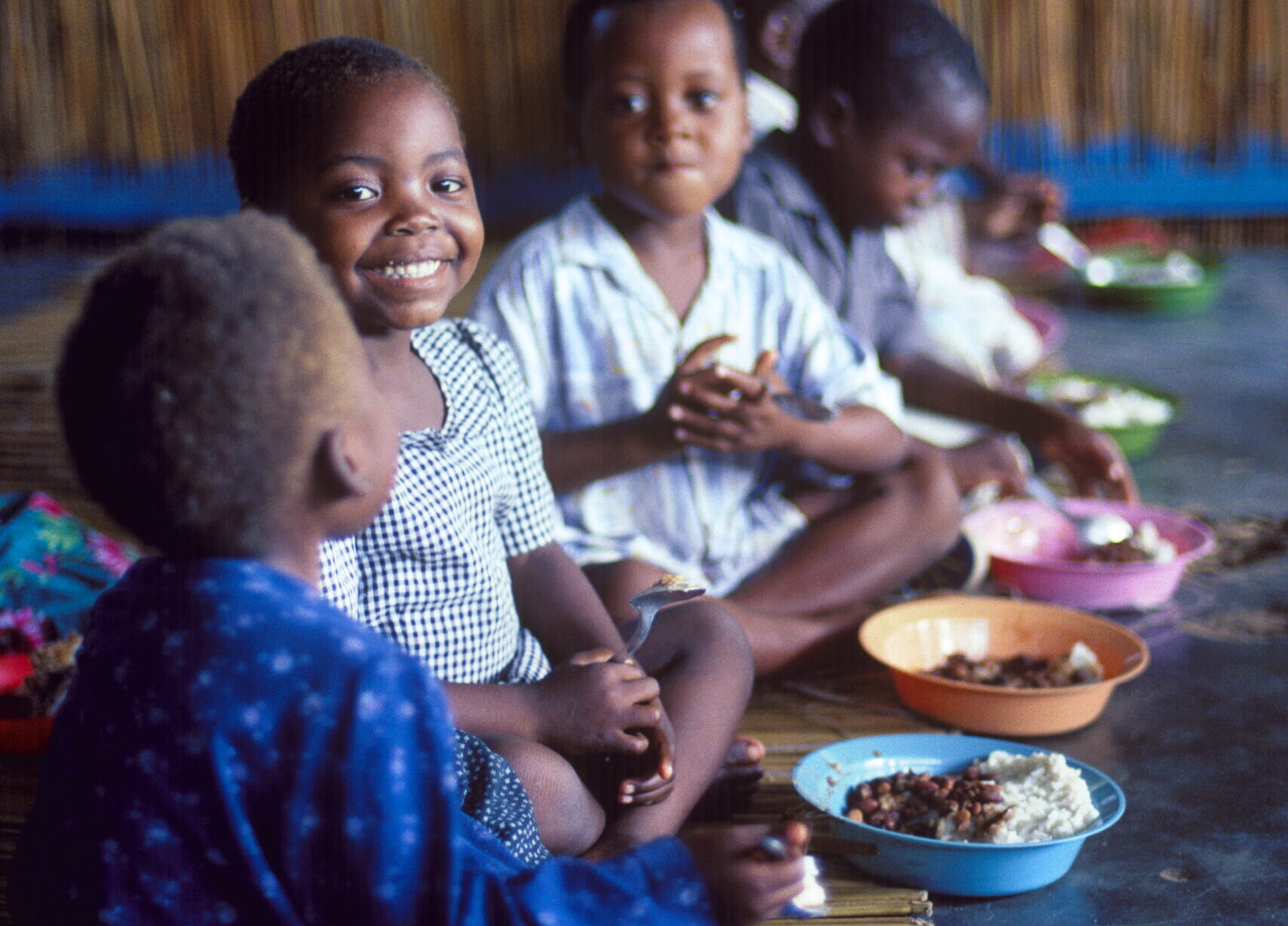
The actors involved in school feeding in Mozambique met in Maputo to provide inputs to the Ministry of Education and Human Development (MINEDH) for the development of the country’s School Feeding Strategy, which includes the National School Feeding Programme (PRONAE). The document, included in the Strategic Education Plan as an important part to improve school access and retention, and equitable participation of school children, proposes short and medium-term actions and priorities for the sustainable expansion of PRONAE.
As part of the process of strengthening the intersectoral character of PRONAE, representatives of more than ten ministries and development partners involved in school feeding participated in the seminar, such as Adra, Counterpart International, ForAfrica and World Vision. Brazil and Cabo Verde were also invited and remotely shared their experiences with national school feeding programmes. The meeting took place between 6 and 8 July in Maputo. The Centre of Excellence against Hunger in Brazil has been working with WFP Mozambique and MINEDH in the document text and facilitating Brazil’s contributions in this process.
The Strategy is an important and ambitious step in the consolidation of the process of expansion and strengthening of PRONAE for the coming years, reinforcing the role of the programme in strengthening family agriculture, preparing for emergencies and monitoring and evaluating its actions. The document will be presented at provincial level and to civil society in consultations to be held in the coming months, in preparation for submission to the MINEDH Councils and the Council of Ministers. WFP, MINEDH’s partner in the implementation of PRONAE, will continue to act to facilitate the actions proposed in the document after its approval.
The Centre of Excellence’s support to Mozambique
In the 10 years of operation of the WFP Center of Excellence against Hunger in Brazil, the work with Mozambique was present at several occasions, continuing the work that WFP has been doing in the country since 1977. In 2011, under the trilateral agreement with Brazil, a consultant travelled to the country. As a result of this contribution, the pilot school feeding project was launched. Learn more about the collaboration between the Centre of Excellence and Mozambique here.

